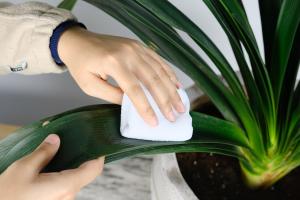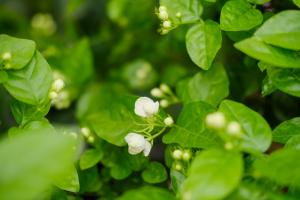1、 Sunflower seed
Sunflower seeds are generally regarded as their fruits. Academically, it is called achene, commonly known as melon seeds and sunflower seeds. But the fruit includes three parts: pericarp, seed coat and embryo. The seed of sunflower specifically refers to its embryo, namely melon seed kernel. Seeds can be eaten and pressed. They are rich in unsaturated fatty acids, proteins, sugars and other vitamins and trace elements. They are a very popular source of leisure snacks and edible oil. Generally, the seeds of edible type are long, the peel is thick, and the color is mainly black and white stripes. Oil type seeds are relatively short and small, with thin pericarp, and the color is mainly black
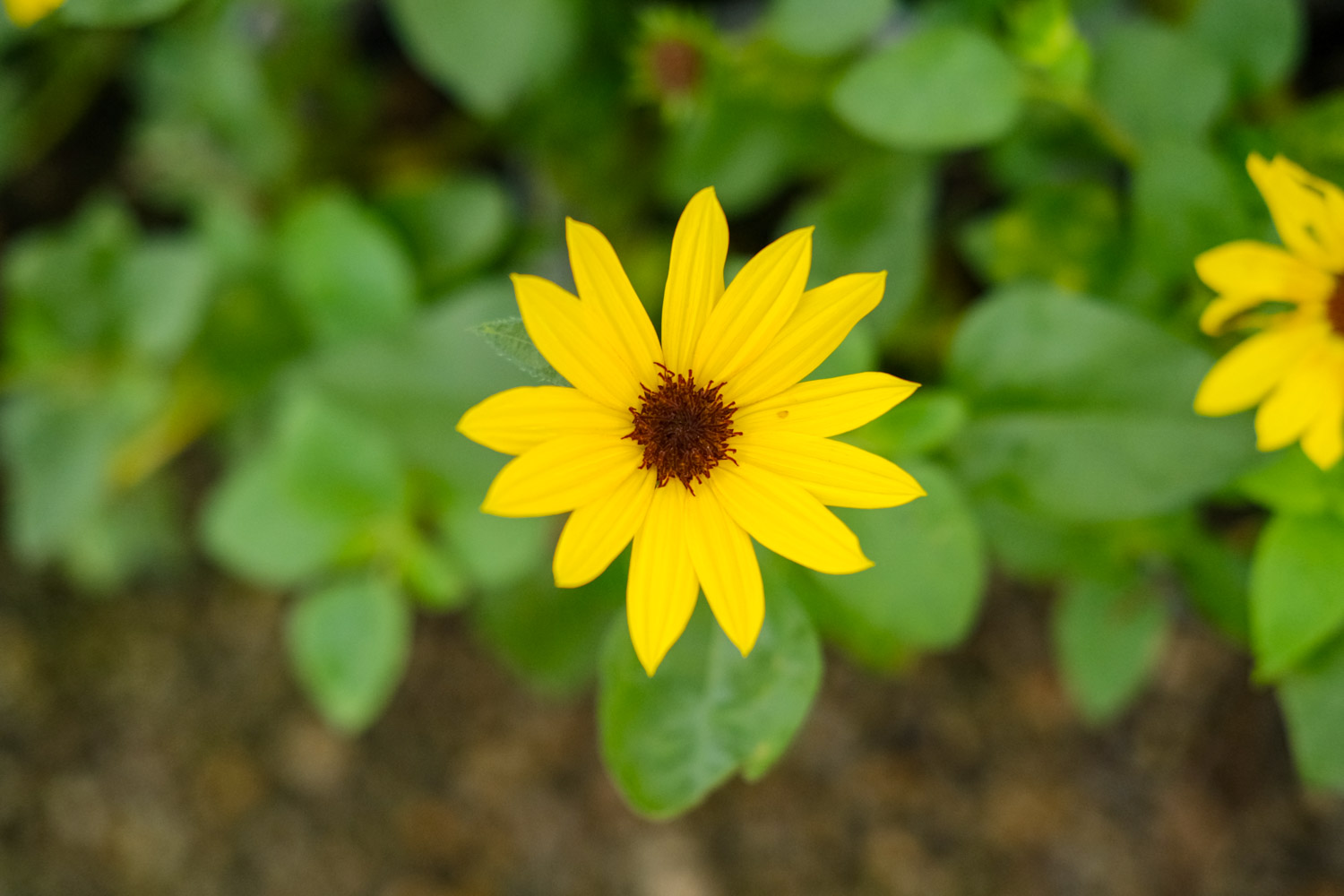
2、 How to plant sunflower seeds
The sowing time of sunflower is from March to April, and the suitable sowing temperature is 18-25 ℃. Before sowing, the seeds should be soaked in warm water and sown after germination. The sowing time shall be determined according to the variety of seeds, generally spring sowing and autumn sowing. It is best to plant in the flat land with medium fertility, convenient irrigation and drainage and relatively small soil viscosity
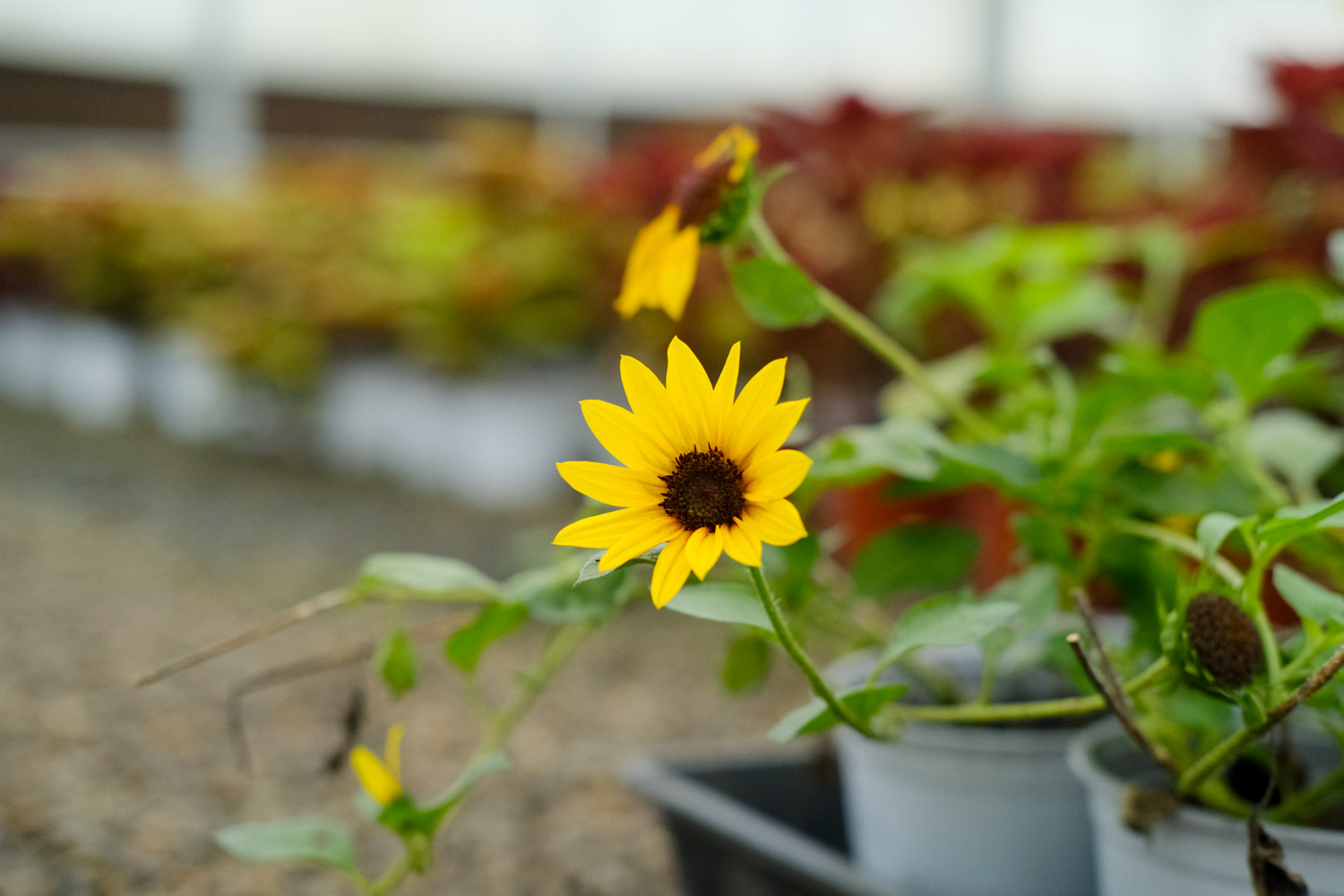
3、 Sunflowers sprout in a few days
Sunflowers generally germinate around 5-7. When sowing sunflowers, ensure that the ground temperature is within a certain range, which will help the seeds germinate smoothly and quickly. When the ground temperature is above 2 ℃, the seeds will sprout; The seeds can germinate and take root at 4 ~ 5 ℃; When the ground temperature reaches 8 ~ 10 ℃, the seeds can germinate and emerge. The optimum temperature for seed germination is 31-37 ℃, and the maximum temperature can be about 38 ~ 44 ℃
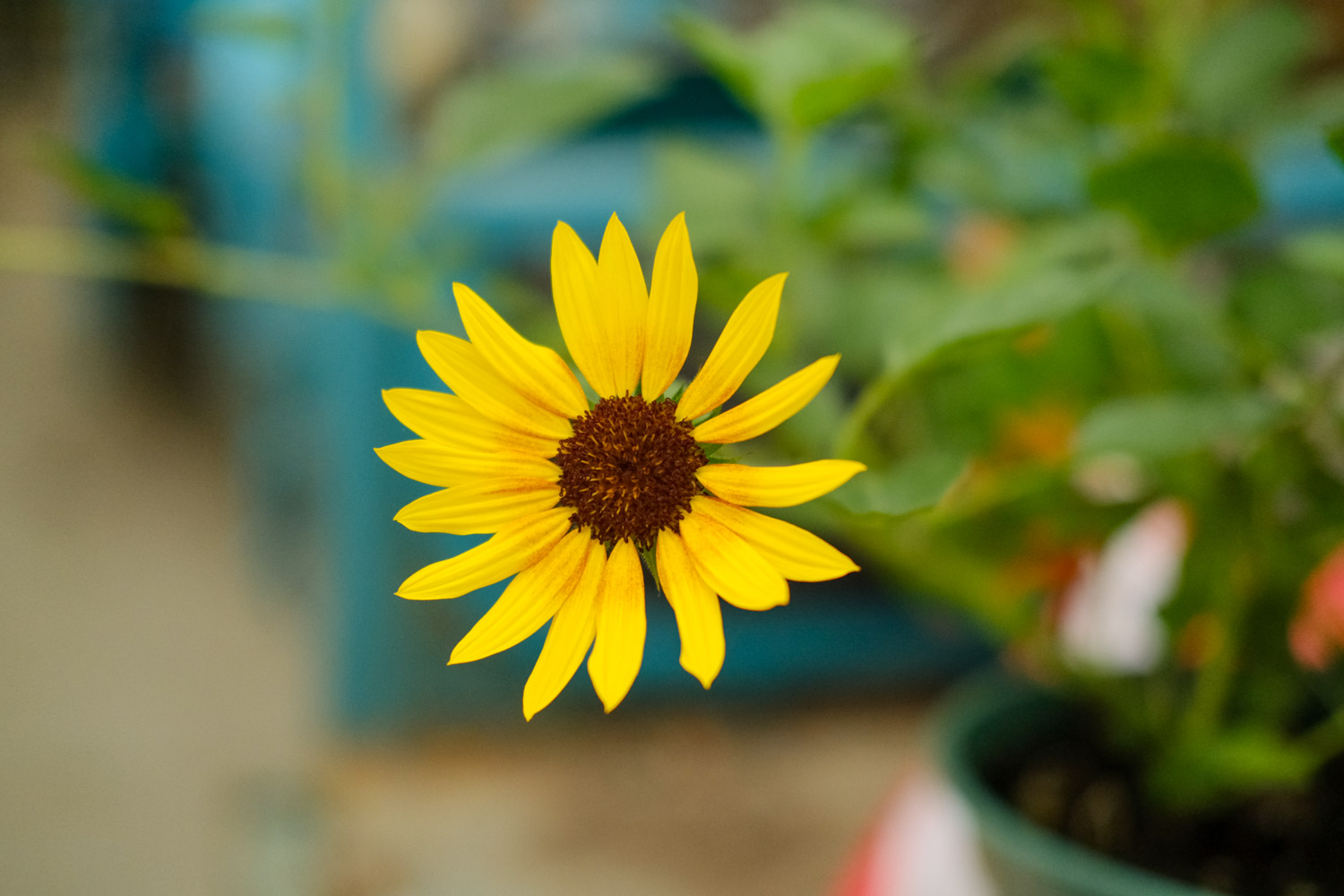

 jackfruit
jackfruit snake plant
snake plant hibiscus
hibiscus hydrangea
hydrangea lavender
lavender Green roses climb al...
Green roses climb al... If you don't pay att...
If you don't pay att... Management of four g...
Management of four g...



